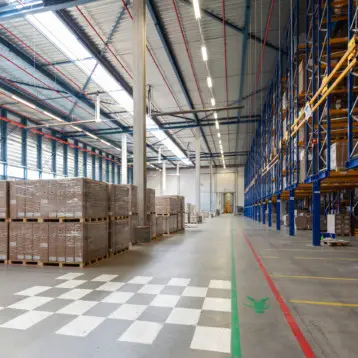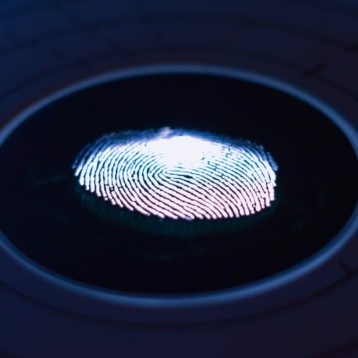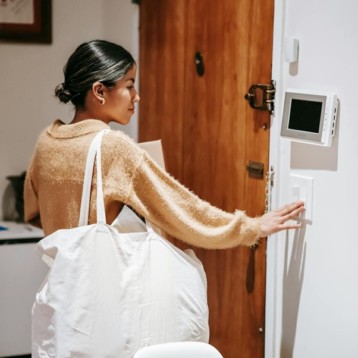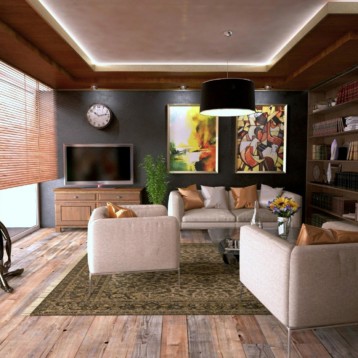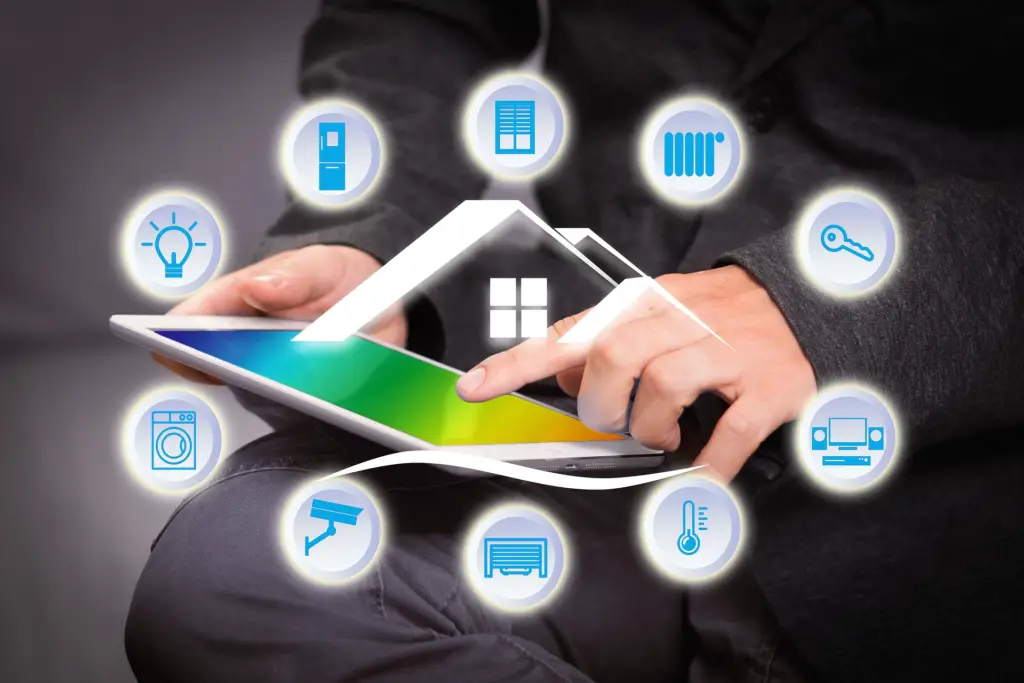
Have you ever wished that one day, when you come home, you won’t have to adjust the air conditioner’s thermostat, turn on the lights, and check windows and doors one by one before you go to sleep to see if they’re locked? All these things seem to be mundane tasks, but they’re important so they have to be done all the time. And, it can be tiring to do especially, if you’re not feeling well or just exhausted from work.
These are the tasks that smart homes wish to address in the future, especially in the security aspect of homes. Thus, no more double and triple-checking doors and windows before sleeping.
For families with special needs, like the need to monitor the indoor and outdoor of the house, there are a lot of choices you can choose from, too. Norco Alarms have various security topics covered and they have a lot of comparison between different choices of cameras and other gadgets as well.
Smart Homes Today
Smart homes these days are considered a luxury rather than a necessity. For sure, more homes are equipped with cameras and security features. Some even have their light system automated so it can be controlled through a device to adjust the lighting in the house.
But, homeowners see these home improvements as luxuries that they may consider when they have enough funds for it. And, they don’t come cheap so oftentimes, only the rich can afford these technologies installed in their homes.
Most of the time, these technologies are also installed in homes when deemed very necessary. For example, a mother leaving the care of their toddler to a nanny would often resort to internet-accessed video monitoring devices to make sure that their kid is safe. And, that’s what drives many homeowners to upgrade their home technology.
Smart Homes in The Future
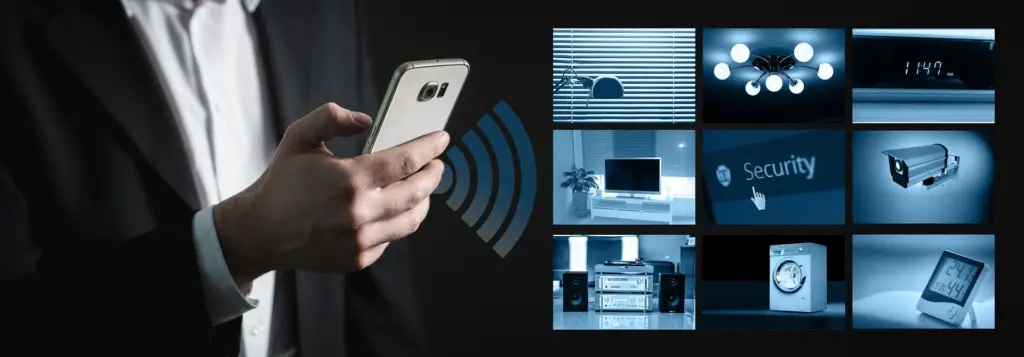
However, world leaders in technology see smart homes as the ideal home people should strive for in the future. In the future, the technologies necessary for smart homes won’t be considered a luxury but a necessity to lead a better and automated lifestyle.
This is how smart homes wish to shape the future:
1. More Secure Homes
Home security has always been a priority when turning your home into a smart home. The technology available for home security devices has greatly improved and may even have come to its peak in terms of features, connectivity to the internet, and remote controls.
A lot of homes also have some form of home security technology installed. Thus, the problem is not its availability, but if whether it’s affordable enough for people to have it installed in their homes.
In the future, manufacturers visualize home security that can be automated so that even before you enter your gate, your home is already aware that you’re coming and the house is already unlocked for you. When leaving, there will also be no need to personally check the windows and doors to lock them. They’ll automatically close and lock with just the click of a button.
2. Remote Monitoring
As mentioned above, for homes that hire nannies or caretakers to take care of their home or loved ones, homeowners find it necessary to install a camera to monitor what’s happening in the house when the homeowners are not present.
However, the problem is that most of these security cameras just record and save the footage to a device in which they’re connected. Only a few offers remote monitoring where you can see a live feed of the events in the house by connecting to the internet.
In the future, manufacturers are envisioning a security camera that you can’t only see remotely but would notify you when they see signs of distress or abuse. Thus, there’s no need to replay the events of the day just to see if they were safe.
3. Internet Connected
These days, everything seems to be ready to be connected to the internet. From home security and monitoring devices to appliances, like television, refrigerator, and more.
But, the key to a smarter home is for it to be internet-ready and easily controlled and streamlined to the system that you already have in place at home.
These days, it can be difficult to streamline your smart devices at home and have it controlled by just one system because manufacturers often make it hard to do. They want you to be loyal to their brand so their smart devices are often only compatible with other devices with the same brand.
In the future, users hope that manufacturers would make their smart devices easier to streamline and work with many devices, even with different brands.
4. Automated for Your Needs and Comfort
In the future, your home would be programmed to cater to your needs and comfort and adjust it accordingly, depending on what your agenda or schedule for the day is. It would also automatically order medicine when it detects that you’re about to get sick and basically do things for your comfort without the need for you to verbalize. Essentially, it would just detect and act for you.
Conclusion
Most homes are far from being smart in many countries, but the technology needed to create a smart home is already here. Therefore, creating a community of smart homes is not very far. The future is closer than it seems.




